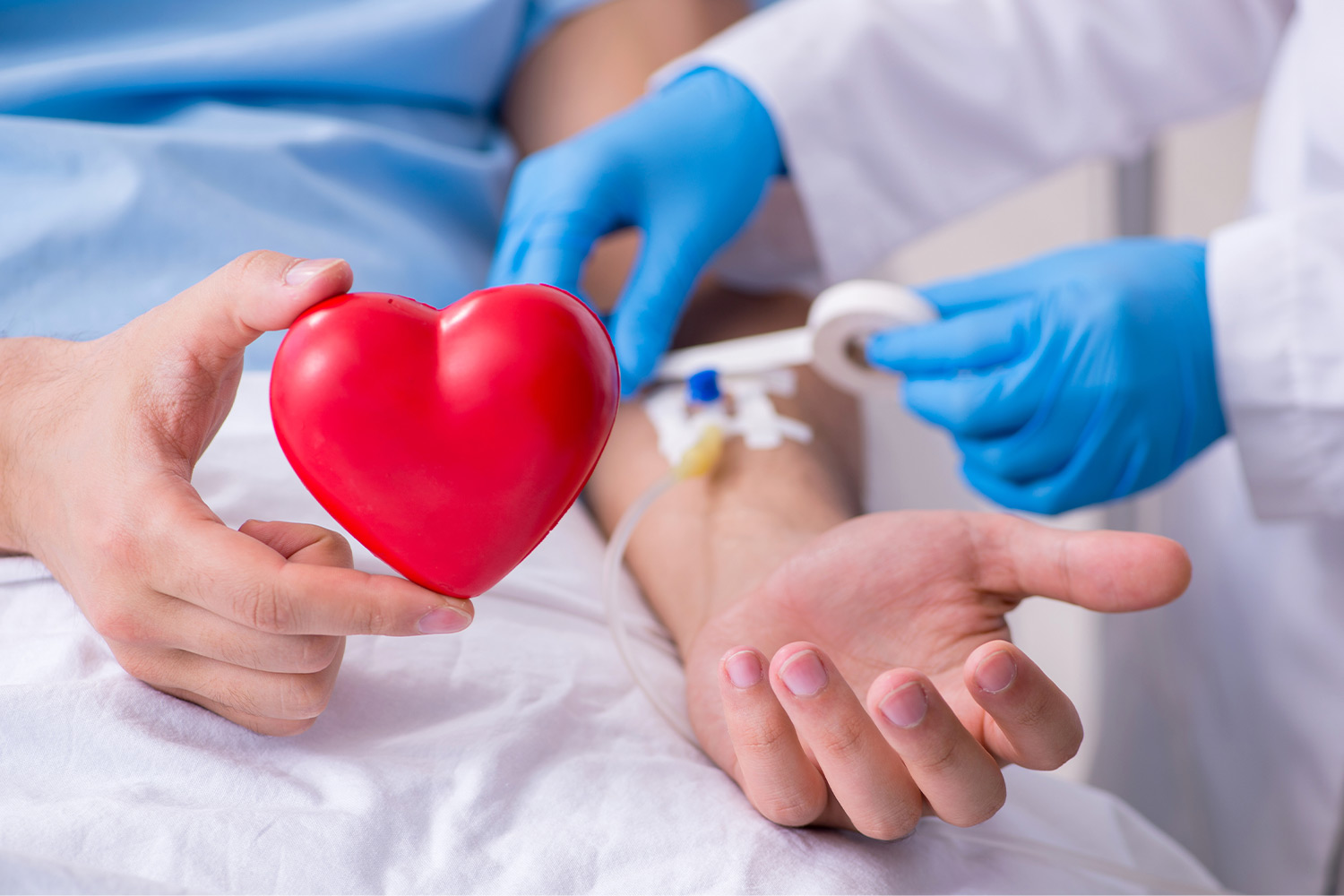If you or a loved one are wondering about entering a drug rehab program, you likely are interested in how they function.
What do you do all day? What kind of programs are you able to participate in? Understanding your options can make the process less stressful and more impactful.
Getting help for a substance use disorder in a treatment facility means you receive around-the-clock addiction treatment and care from medically trained professionals. This kind of treatment is recommended for people who have been struggling with drug addiction long-term and can’t seem to get out of their substance abuse on their own.
When you get into drug rehab, they don’t just help you stop using drugs; they also help you understand why you might be turning to drugs and what you can do to overcome your substance use. Drug rehab facilities incorporate a variety of therapies to get down to the bottom of your addiction and help you make changes for the better.
What Is the Process of Drug Rehab?
Getting into a drug rehab process will look very similar regardless of what facility you are at. You’ll want to reach out to a representative and discuss their substance abuse treatment options before signing up. Finding a treatment center that will work with you to get you help is the ultimate goal.
Intake Form
When you first get to a drug or alcohol rehab center, you will go through an intake process.
During this process, the rehab center will be able to get an overall idea of your substance use, medical history, family history, and social background. This information gives the facility a better understanding of you as a person and what kind of treatment program you are looking for.
Detoxification
Once you have undergone the intake process, your doctors and nurses at the facility will decide what treatment methods are best for you. Likely, they will want you to go through the detoxification process.
If you are using substances actively, the detoxification process will clean out the substances from your body. Unfortunately, this detoxification process brings along withdrawal symptoms and cravings that can be very uncomfortable.
When you go through the detoxification process in drug rehab, you are able to stay monitored and have continuing healthcare for your safety. Having 24-hour monitoring means you can get help when you need it. There is always a doctor or nurse on call who can assist you at any time, and they want to!
Treatment: Inpatient or Outpatient
Once you have finished the detoxification process, which could be anywhere from a few days to a couple of weeks, the staff at the drug rehab will work with you to make a treatment plan. Depending on the severity of your substance use, your doctors might recommend inpatient or outpatient programs.
Inpatient programs will keep you on 24-hour monitoring. If you are able to take time off to go into inpatient treatment, it can be very helpful in recovery. Inpatient programs involve healthcare experts who will work with you on a strict timeline to get you back on track and focused on recovery.
Outpatient rehab programs require you to come to the treatment facility but allow you to go home afterward. This is great for people who can’t take time off of work, who have families that they need to be there for, or who who simply may not need an inpatient program to overcome their struggles. Outpatient rehab allows you to have a space for a community outside of your family with people who are going through similar struggles while still allowing you to follow your normal routines to an extent.
What Is a Typical Day in Inpatient Rehab?
When you are in an inpatient program, you will have a strict schedule to follow. The day might look like this:
7:00 AM: Wake up, have breakfast, and take any medication needed
8:00 AM: Take showers, get ready for the day
9:00 AM: Morning group therapy session
10:30 AM: Personal time
11:00 AM: Individual therapy session
12:00 AM: Lunchtime
1:00 PM: Afternoon activities – exercise, art, games
3:00 PM: Afternoon group therapy session
4:30 PM: Personal time
5:00 PM: Dinner
7:00 PM: 12-step meetings
8:00 PM: Evening group therapy session
9:00 PM: Personal time
11:00 PM: Bedtime
While in inpatient care, you will go through several different therapy sessions, both group and individual. This will allow you to get to the bottom of your own issues one-on-one with a therapist, as well as gain a sense of community with other individuals who are struggling with similar issues.
Inpatient therapy is a great time for you to focus on yourself with no guilt. This is a time for you to get better, so make the most of it!
The amount of time you spend inpatient will vary depending on the severity of your substance use. You and your providers will know when it’s time for you to transfer to outpatient treatment.
What Is a Typical Day in Outpatient Rehab?
When you are a part of an outpatient program, you have a bit more freedom to come and go, but that doesn’t mean there isn’t a schedule you need to follow. Outpatient programs can vary in their start times, but mid-morning will likely be your first group therapy session.
A day in outpatient might look something like this:
10:00 AM: You arrive to the facility for your group therapy session
12:00 PM: You break for lunch
2:00 PM: Individual therapy sessions
And then you are sent off for the day! Outpatient programs might not take up as much of your day, but they can take a bit longer because you will need to split your treatment up.
With intensive outpatient programs, you are able to keep somewhat of your outside life normal, being able to go to work and take care of your family while undergoing treatment. This gives you the best of both worlds.
Getting Help with Soba
If you or a loved one are interested in entering a drug rehab facility, consider calling a representative from Soba Recovery Centers.
With two separate locations, Mesa, AZ, and San Antonio, TX, you can get addiction help when you need it and however best it will work for you. You can discuss with our staff what kind of treatment might be best for you before making any decisions.
After you go through the intake process, we will have a better understanding of what your needs are. We can craft a treatment plan with you catered to your individual needs so that you have the best shot of recovery.
Throughout your treatment, you will have our support and resources available to you at all times. With insightful group therapy, meaningful individual therapy, medically-assisted therapy (MAT), and full detoxification, Soba Recovery can help you achieve and maintain the life you deserve.
Addiction recovery can be a long and scary journey, but it doesn’t have to be lonely. You can find help from people who are trained to assist you and want to see you thrive. With help from Soba Recovery Centers, you can get your life back into your control.
Sources:
NIMH » Substance Use and Co-Occurring Mental Disorders | NIMH
Pharmacological Strategies For Detoxification | NCBI
Benefits Of Peer Support Groups In The Treatment Of Addiction | NCBI











